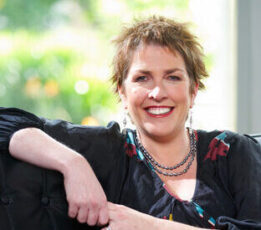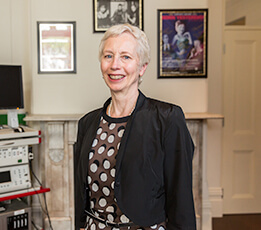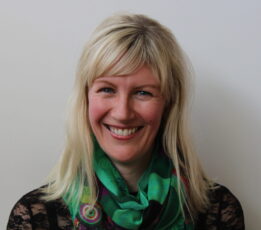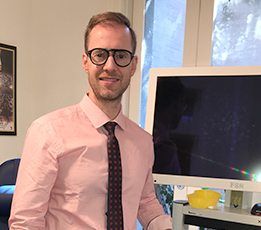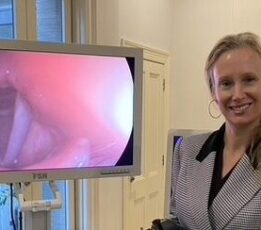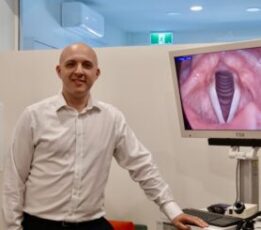Why have voice therapy?
The Melbourne Voice Analysis Centre works closely with the team of dedicated Speech Pathologists at Voice Medicine Australia - www.voicemedicineaustralia.com.au
What is voice therapy?
Voice therapy involves a patient-centered treatment method to modify behaviors that contribute to voice disorders or in some other way limit normal voice usage. The methods employed will vary according to the reason for the voice disorder but all approaches will be similar in their design to enhance healthy voice production.
Why have voice therapy?
The reason is that just like an athlete who hurts his knee gets referred for physiotherapy or other health professionals, a patient's speech/voice can also get "injured" and require therapy in order to obtain a normal voice/speech as quickly as possible without further damage. Even if surgery is done to correct an underlying injury (whether knee or voice), therapy may be required both before and after in order to obtain the best result. Many voice disorders are caused by incorrect production of the voice or a heavy load. A speech pathologist can help to change the way a person produces voice (without changing the essence of how they speak) to allow the voice to last longer, be stronger and to be used with ease. Not all voice disorders can be cured with voice therapy (for example, many laryngeal pathologies and conditions such as papilloma, polyps and paralysis may require medical intervention). However, most voice disorders can be improved or the negative impact on voice production minimised with judicious and expert voice therapy.
What does it involve?
Voice therapy usually involves a series of exercises and strategies designed to address the specific problems associated with the voice disorder. Voice therapy exercises may include postural adjustments, breathing, specific neck and throat relaxation exercises, resonance, and specific voice exercises to improve voice production. Some exercises target the muscles used to produce sound and others will be provided to reduce inflammation and swelling of the vocal folds. Exercises to help the vocal folds vibrate efficiently and to come together with decreased force are also an integral part of voice therapy. Paramount to every voice therapy exercise is the ability to hear and feel changes in voice production. The purpose of this training is to help a person develop an awareness of the best voice and to have optimal flexibility, stamina and reliability of voice.
How do I get referred for voice therapy?
Our initial focus is to ensure that the medical causes and health factors potentially influencing your voice have been fully investigated. Therefore, in order for a person to receive voice therapy at Voice Medicine Australia, he/she must have undergone an initial evaluation by an Ear Nose and Throat (ENT) Specialist. In some circumstances, however, other specialists such as Neurologists or Respiratory Physicians may refer you directly for voice therapy if your condition does not require an ENT Specialist evaluation.
How long will I need to come for voice therapy?
Common voice disorders such as vocal swelling, early nodules or muscle tension dysphonia are generally treated in 4-6 sessions over a month to 8 weeks period, with a very high success rate. The number and timing of visits will vary however, according to the nature of your particular voice problem.
Why should I attend Voice Medicine Australia for voice therapy?
At Voice Medicine Australia, our speech pathologists are all highly qualified and experienced specifically in the voice specialty, within the speech pathology field. In addition, all our voice therapists have had additional extensive experience working as speech pathologists in acute hospitals. Our experience working in neurology, oncology, respiratory medicine, head and neck surgery, and other medical units ensures that our team understands the importance of medical influences on voice. In addition, all of our speech pathologists have a singing and performance background, so appreciate the complexities and importance of vocal health for the singer and other professional voice users. We are happy to liaise with your singing teacher or other performance coaches to facilitate a cohesive, team approach to your voice care.
What sort of conditions might require voice therapy?
- Vocal paralysis
- Vocal swelling (oedema)
- Vocal nodules
- Vocal cysts, polyps, papilloma (usually for pre and post-operative care)
- Chronic cough
- Vocal Cord/Fold Dysfunction
- Muscle Tension Dysphonia
- Puberphonia
- Functional aphonia/dysphonia
- Spasmodic Dysphonia
Do I have to be a Professional Voice User to come to Voice Medicine Australia?
No, voice therapy is provided for all people with voice disorders although those who have a heavy vocal load such as teachers and performers will be more inclined to develop overuse injuries. At VMA we see many people with a variety of vocal conditions and symptoms. Being able to sing is definitely not a prerequisite for voice therapy but you do need to want to resolve or minimize your voice problem!

